Salaried employees ALERT! How salary, allowances, retirement benefits are taxed? What are exempted? Here is Income Tax Department GUIDE for you
As per the information provided by the Income Tax Department, section 17 of the Income-Tax Act defines the term ‘salary’. Generally whatever is received by an employee from an employer in cash, kind or as a facility (perquisite) is considered as salary.

Every person who works either for an employer or manages his/her own business is awarded with a sum of money as a salary or monthly income.
If your salary fits into the income tax bracket then you also have to pay taxes as per the rules. Here is what the Income Tax Department has to say about your salary and taxes on it.
See Zee Business Live TV Streaming Below:
What is considered as salary income?
As per the information provided by the Income Tax Department, section 17 of the Income-Tax Act defines the term ‘salary’. However, not going into the technical definition, generally whatever is received by an employee from an employer in cash, kind or as a facility [perquisite] is considered as salary.
What are allowances?
Allowances are fixed periodic amounts, apart from salary, which are paid by an employer for the purpose of meeting some particular requirements of the employee. E.g., Tiffin allowance, transport allowance, uniform allowance, etc. There are generally three types of allowances for the purpose of Income-Tax Act - taxable allowances, fully exempted allowances and partially exempted allowances.
Perquisites are benefits received by a person as a result of his/her official position and are over and above the salary or wages. These perquisites can be taxable or non-taxable depending upon their nature. Uniform allowance is exempt to the extent of expenditure incurred for official purposes u/s 10(14).
Also, all the reimbursements of expenses on grocery and children’s education made by the employer to employee are considered as income as these are in the nature of perquisites and should be valued as per the rules prescribed in this behalf.
Are retirement benefits like PF and Gratuity taxable?
In the hands of a Government employee Gratuity and PF receipts on retirement are exempt from tax. In the hands of non-Government employee, gratuity is exempt subject to the limits prescribed in this regard and PF receipts are exempt from tax, if the same are received from a recognised PF after rendering continuous service of not less than 5 years.
It can be noted that with effect from Assessment Year 2022-23, no exemption shall be available for the interest income accrued during the previous year in the recognised and statutory provident fund to the extent it relates to the contribution made by the employees over Rs 2,50,000 in the previous year.
However, if an employee is contributing to the fund but there is no contribution to such fund by the employer, then the interest income accrued during the previous year shall be taxable to the extent it relates to the contribution made by the employee to that fund in excess of Rs 5,00,000 in a financial year.
Are arrears of salary taxable?
Arrears of salary is taxable however, the benefit of spread over of income to the years to which it relates to can be availed for lower incidence of tax. This is called as relief u/s 89 of the Income-tax Act.
Is leave encashment taxable as salary?
It is taxable if received while in service. Leave encashment received at the time of retirement is exempt in the hands of the Government employee. In the hands of non-Government employee leave encashment will be exempt subject to the limit prescribed in this behalf under the Income-tax Law.
What is the taxability of House Rent allowance (HRA)?
Least/minimum of the following is exempt (Not taxable/deducted from total HRA received)
(a) Actual amount of HRA received
(b) Rent paid Less 10% of salary
(c) 50% of salary if house taken on rent is situated in Kolkata, Chennai, Mumbai and Delhi
or
40 % of salary if the house is taken on rent is NOT situated in Kolkata, Chennai, Mumbai and Delhi.
What is the taxability of Fixed Medical allowance and conveyance allowance?
Medical allowance is a fixed allowance paid to the employees of a company on a monthly basis, irrespective of whether they submit the bills to substantiate the expenditure or not. It is fully taxable in the hands of employee.
As per section 10(14) read with Rule 2BB Conveyance allowance is exempt to the extent of amount received or amount spent, whichever is less. For e.g., If amount received is Rs. 100 and amount spent is Rs. 80, then only Rs. 20 is taxable. However, if amount actually spent is Rs. 100; then nothing is taxable.
Get Latest Business News, Stock Market Updates and Videos; Check your tax outgo through Income Tax Calculator and save money through our Personal Finance coverage. Check Business Breaking News Live on Zee Business Twitter and Facebook. Subscribe on YouTube.
RECOMMENDED STORIES

SIP Calculation at 12% Annualised Return: Rs 10,000 monthly SIP for 20 years, Rs 15,000 for 15 or Rs 20,000 for 10, which do you think works best?

FD Rates for Rs 10 lakh investment: Compare SBI, PNB, HDFC, ICICI, and Post Office 5-year fixed deposit returns
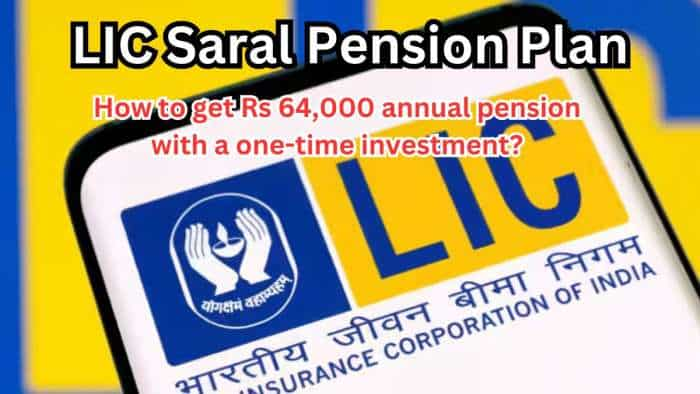
LIC Saral Pension Plan: How much should you invest one time to get Rs 64,000 annual pension for life?

SIP Calculation at 12% Annualised Return: Rs 1,000 monthly SIP for 20 years, Rs 4,000 for 5 years or Rs 10,000 for 2 years, which do you think works best?
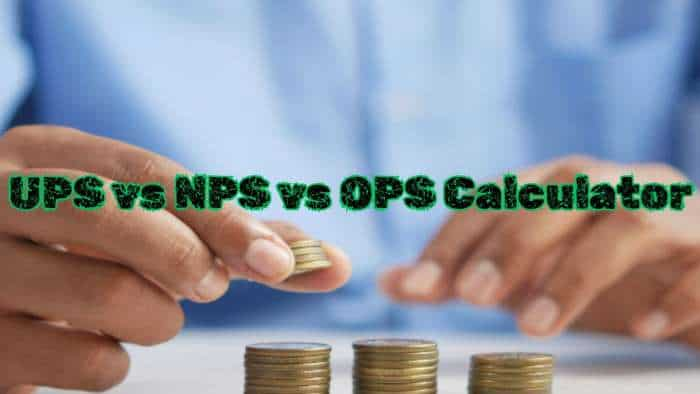
UPS vs NPS vs OPS: Last-drawn basic salary Rs 90,000 and pensionable service 27 years? What can be your monthly pension in each scheme?
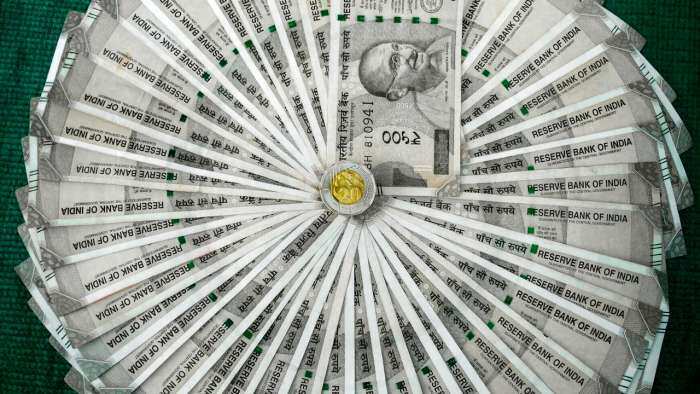
Monthly Pension Calculations: Is your basic pension Rs 26,000, Rs 38,000, or Rs 47,000? Know what can be your total pension as per latest DR rates
01:03 PM IST







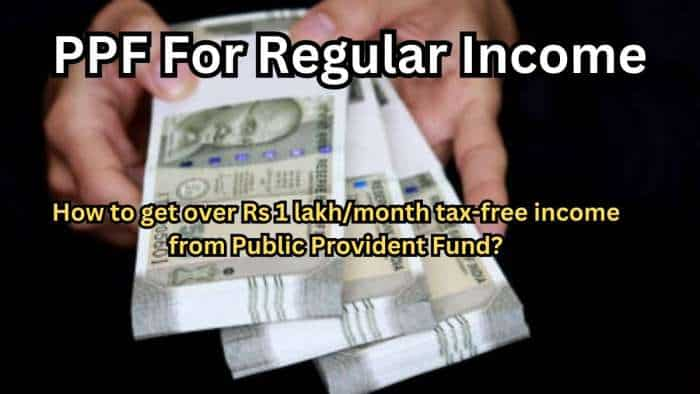

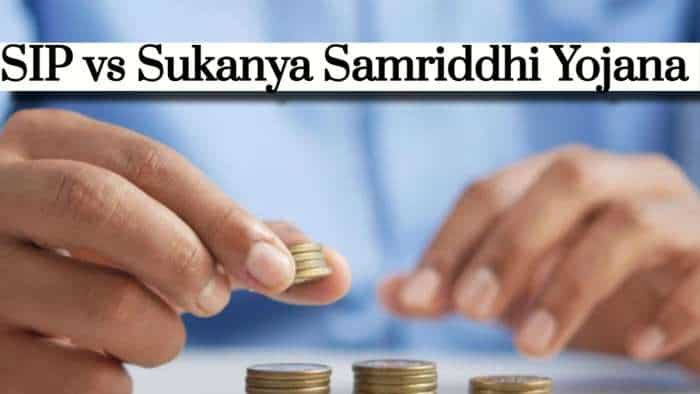

 Income Tax Department raids County Group's offices, other premises in Noida
Income Tax Department raids County Group's offices, other premises in Noida Net direct tax kitty grows 16% to Rs 16.90 lakh crore till January 12: Income Tax Department
Net direct tax kitty grows 16% to Rs 16.90 lakh crore till January 12: Income Tax Department VsV scheme: I-T dept extends deadline to avail interest, penalty waiver till Jan 31
VsV scheme: I-T dept extends deadline to avail interest, penalty waiver till Jan 31 Centre okays PAN 2.0 project worth Rs 1,435 crore to transform taxpayer registration
Centre okays PAN 2.0 project worth Rs 1,435 crore to transform taxpayer registration Income tax return filer base up 2.2 times in 10 years, 5 times growth in Rs 50 lakh-plus income category: Sources
Income tax return filer base up 2.2 times in 10 years, 5 times growth in Rs 50 lakh-plus income category: Sources